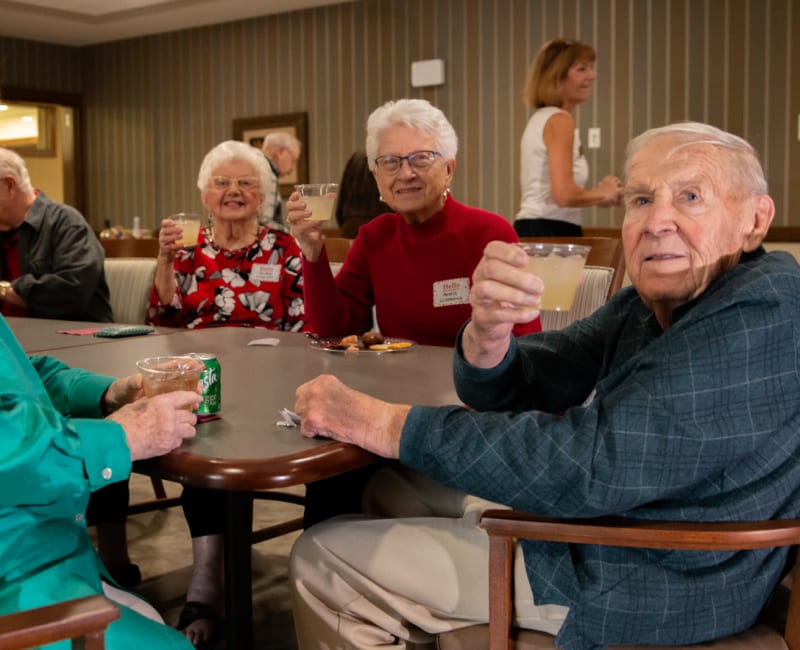
News & Community Events

Regular Schedule of Activities Includes:
- Weekly Coffee & Visit
- Tuesday Night and Saturday Afternoon Movies
- Monthly Resident Council
- Weekly Shopping Outings
- Friday Happy Hour
- Group Exercises
- Bridge and Other Games
- Craft and Art Projects
- Spiritual/Religious Programming
Upcoming Events
Stay Informed
Aurora on France Blog
Continue to Thrive at Aurora on France
